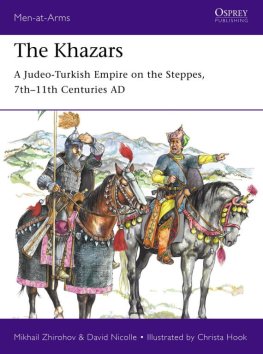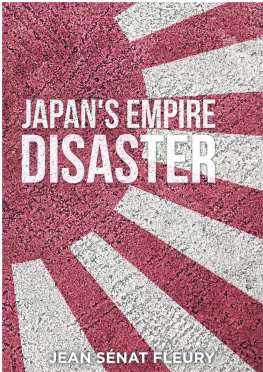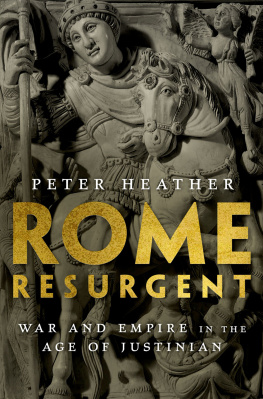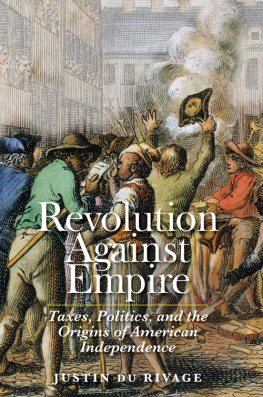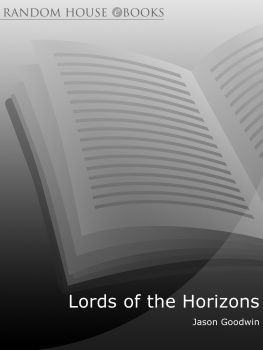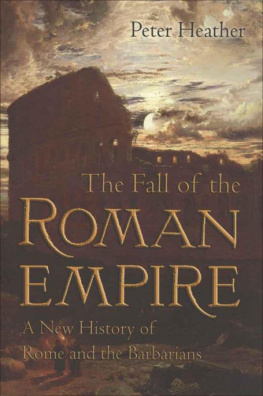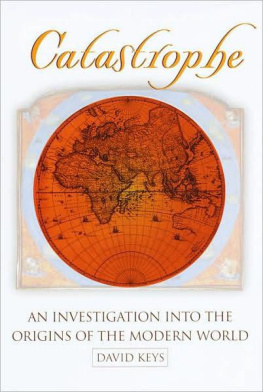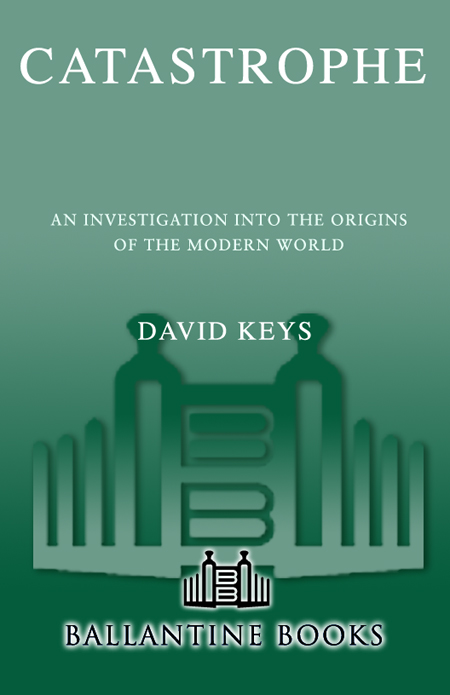All rights reserved under International and Pan-American Copyright Conventions. Published in the United States by The Ballantine Publishing Group, a division of Random House, Inc., New York. Ballantine and colophon are registered trademarks of Random House, Inc.
Keys, David.
Catastrophe / David Keys.1st ed.
p. cm.
1. Climatic changesHistory. 2. Human beingsEffect of environment onHistory.
3. Natural disastersHistory. 4. WeatherEffect of volcanic eruptions on.
5. AsteroidsCollisions with Earth. I. Title.
QC981.8.C5K45 1999
551.6'09'02dc21 99-14357
CIP
C A T A S T R O P H E
TO GRAA, MICHAEL,
AND CAMILE
AIMS AND CAVEATS
The aim of this book is to help change peoples view of the pastand of the future. Although human inventions, achievements, and actions are obviously key factors in determining the course of human history, the forces of nature and other mechanisms beyond the control of individual human beings, or even states, play an even greater role, both directly and indirectly, by conditioning the circumstances that induce, produce, or permit individual or collective human actions.
Determinist views of history have been out of favor now for several decades, and this book should rightly be seen as an attempt to reinstate respect for the basic concept of determinismthough not for the often simplistic nature of much past deterministic thinking.
In this book I will attempt to describe a process that could perhaps be labeled evolved determinism. My research does suggest that a force of nature ultimately lay behind much of the change experienced by the world in the sixth and seventh centuries A.D. But it also shows that key aspects of change, while ultimately triggered by a force of nature, were finally delivered through a plethora of consequent ecological, political, epidemiological, economic, religious, demographic, and other mechanisms that interacted with each other for up to a hundred event-filled years before producing final, irreversible change.
Moreover, toward the end of this book I suggest what triggered the sixth-century climatic catastrophe. I am reasonably sure of my conclusions as to the type of event that set all the climatological and historical dominoes falling. But, as you will see, I have also chanced my arm at pinpointing the event geographically. That is a more difficult taskand only future geological and ice-core research will reveal whether all the circumstantial evidence I have gathered was indeed pointing toward the right culprit.
Although the main title of this book is Catastrophe, that chiefly refers to the natural trigger mechanism that set off the collapse of so many dominoes and, through the medium of those dominoes, effected permanent historical change. This book does not attempt to deny in any way the range of other factors which, over many centuries, helped in the downfall of the ancient world. But I do believe that the final decisive factor in its demise was the mid-sixth-century natural catastrophe described in this book. And I do believe that that catastrophe was the only worldwide common element involved in that demise. It is because of that fact that I believe one can talk of semi-integrated world history even in the sixth and seventh centuries A.D. The political repercussions of commonly caused events in places as far apart as Mongolia and East Africa did interact with each other to shape history: and civilizations in both the Old World and the New were changed forever by a common catastrophe.
In many areas, these changes laid the geopolitical foundations of our modern world. Thats why I preferin geopolitical terms (not economic or even cultural ones)to use the term protomodern rather than early-medieval when describing the sixth- and seventh-century emergence of the post-ancient world. Moreover, I believe the evidence in, and the perspective argued for within, this book suggests that one can talk of a sixth/seventh-century protomodern geopolitical genesis in many different parts of the worldnot just in Europe and the Middle East.
In order to help change peoples view of history, I have tried to write this book in as accessible a manner as possible. I have tried hard to make sure that the data and other information on which I have based my arguments are as accurate and up-to-date as possible. Indeed, to ensure this, I sought the help and advice of more than fifty academic specialists and authorities in more than twenty different disciplines in a dozen countries.
I believe that the case for a mid-sixth-century worldwide climatic catastrophe is incontrovertible. And I think that, without doubt, the catastrophe was the major worldwide factor in finally bringing the ancient world to a close, and helping to lay the geopolitical foundations of our modern one. The mechanisms are clearest in Europe, the Middle East, Africa, and Asia. In Mesoamerica, where archaeology rather than history has to provide the bulk of the evidence, the argument is strong, but has by definition to be more circumstantial. And in South America, where there is no sixth/seventh-century written history at all, one is reliant on the relatively inexact dating and often hotly debated interpretation of purely archaeological evidence. Nevertheless I believe that even there, the evidence for a climatic catastrophe is incontrovertible and it is only the suggested mechanisms of change that remain reasonable proposals rather than totally proven theses.
Lastly, I believe that my book is not simply about the past and its influence on the present, but also, hopefully, illuminates the whole question of the influence of the natural environment in human history. This is particularly relevant now, as global warming threatens to destabilize our climate to an extent that has not occurred since the climatic crisis of the sixth century. Three-quarters of this book is about the repercussions of that Dark Age disasterand it should serve to alert us to the sheer scale of the geopolitical and other changes that can flow from climatic catastrophe. History is usually seen predominantly as a discipline of the humanities. This book will help demonstrate that it also belongs to the realms of the natural and social sciences.



